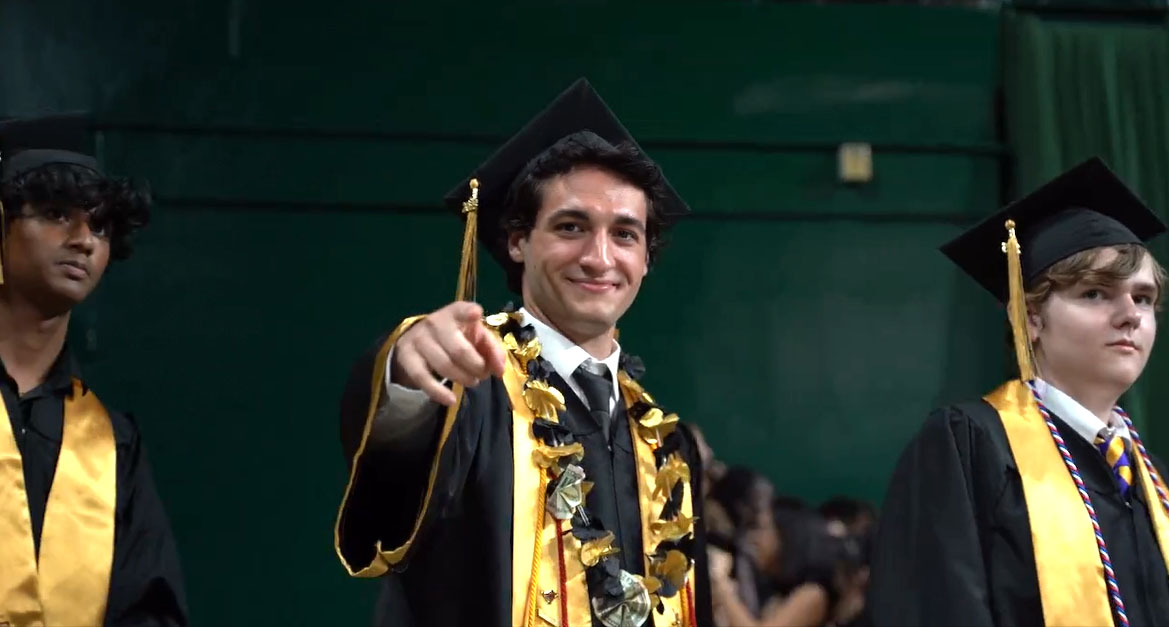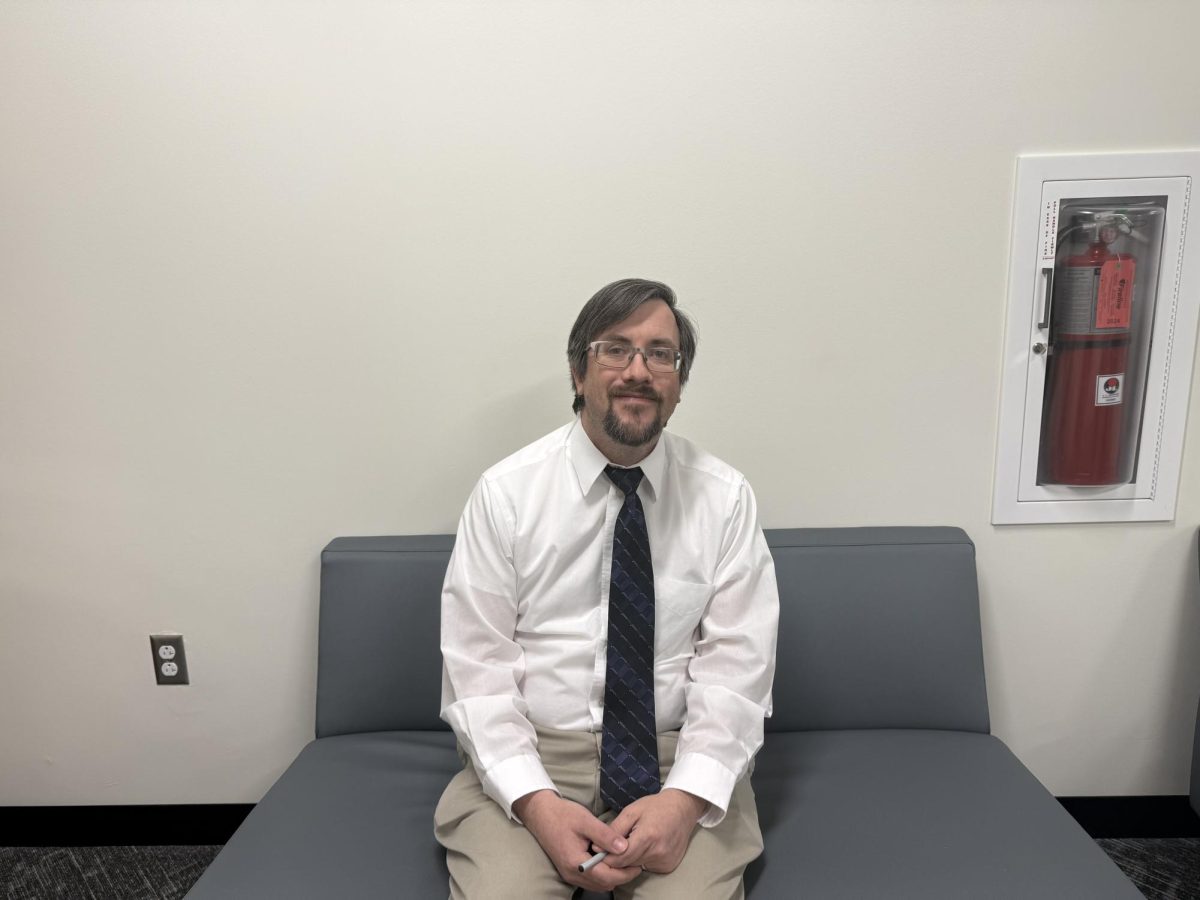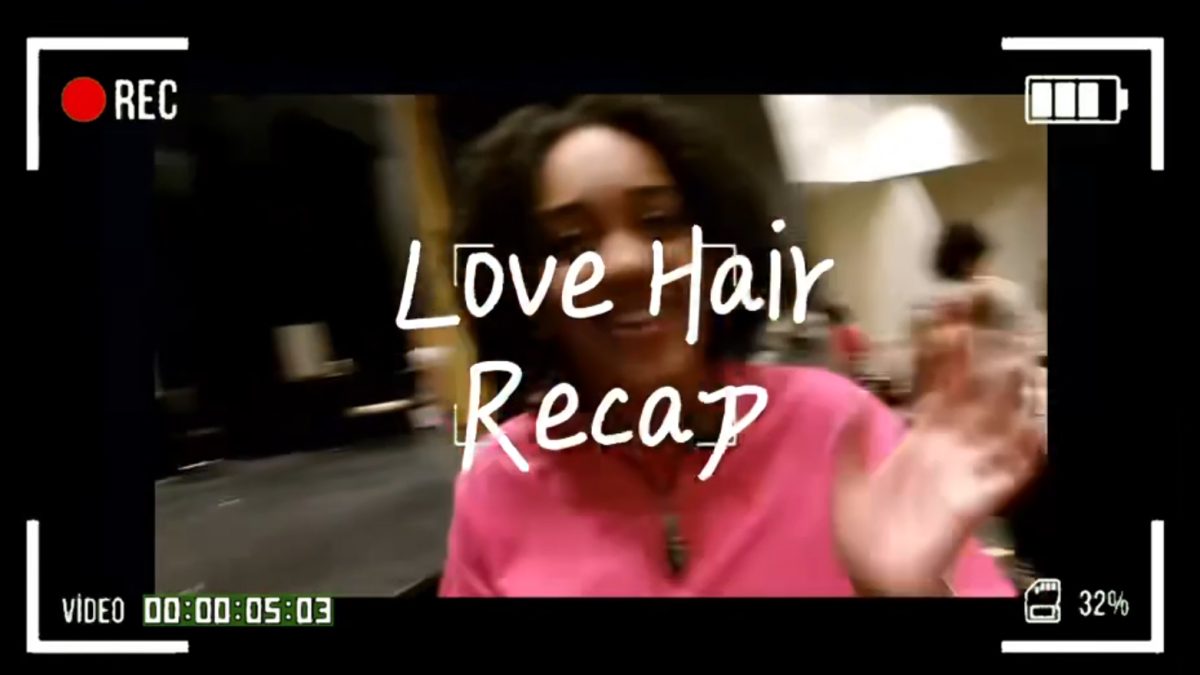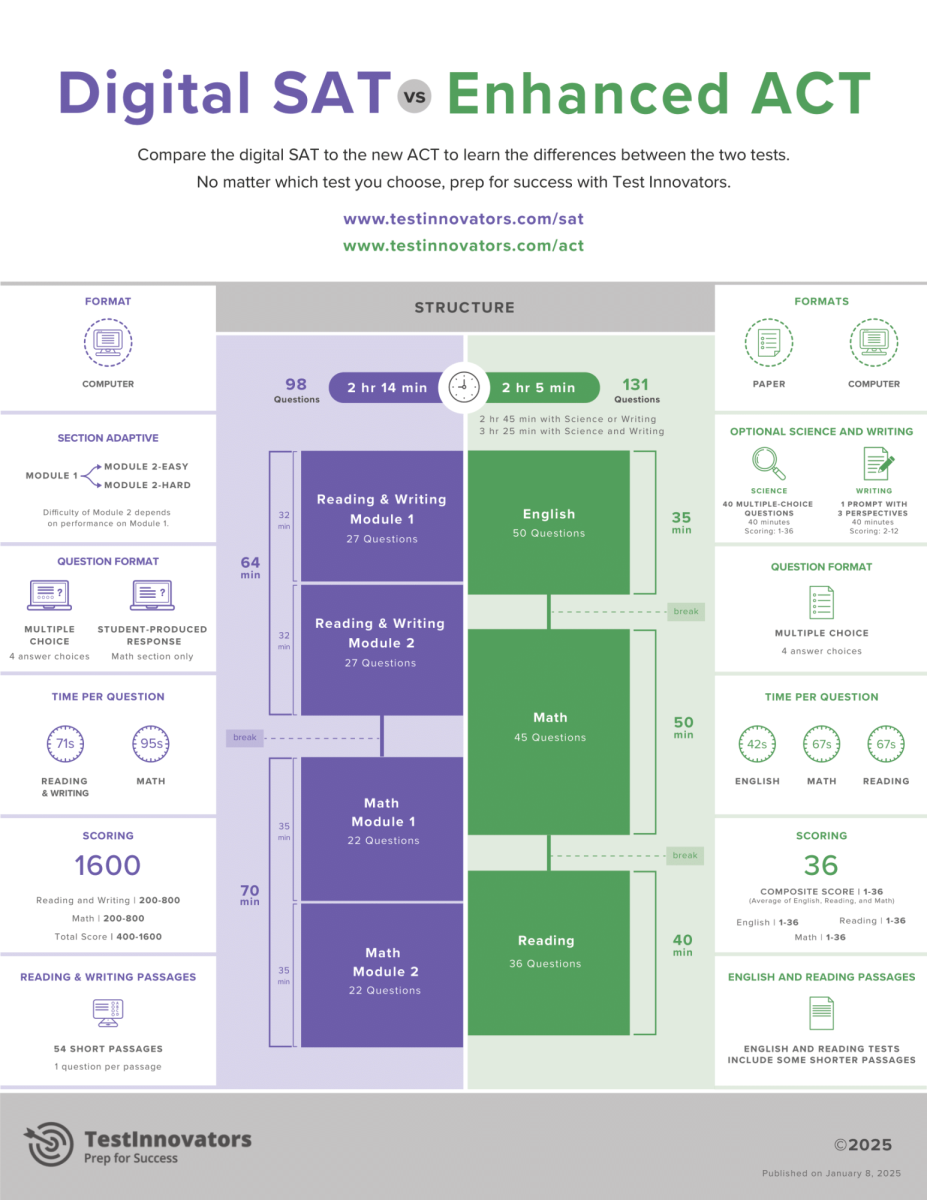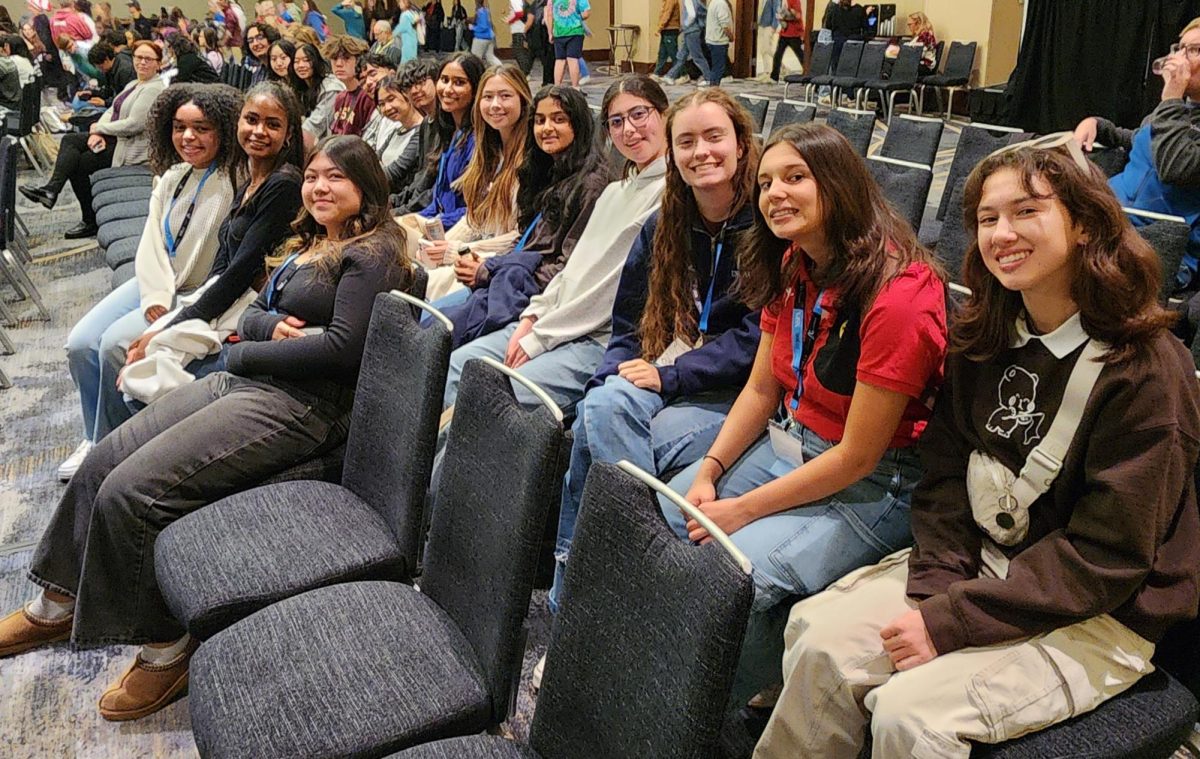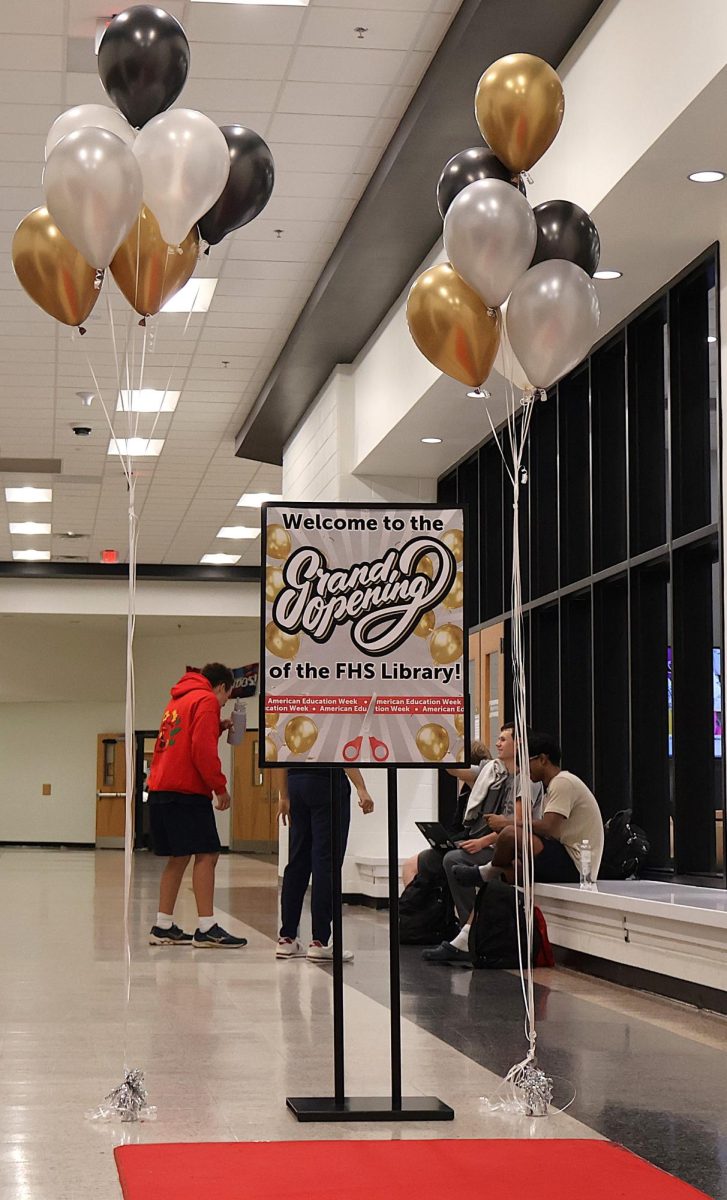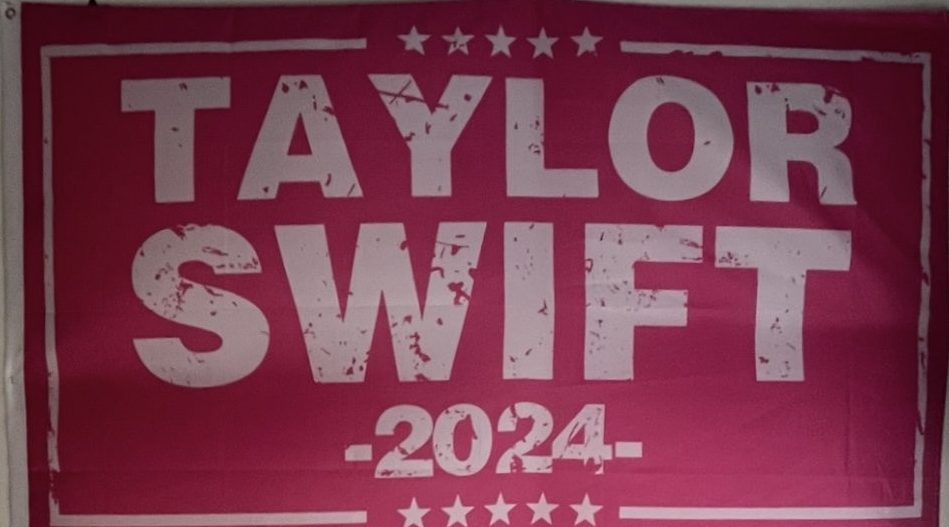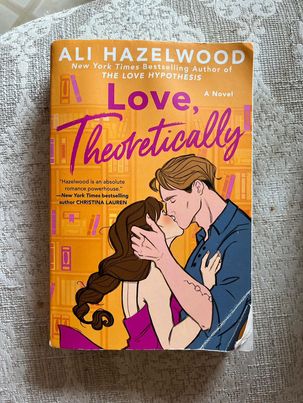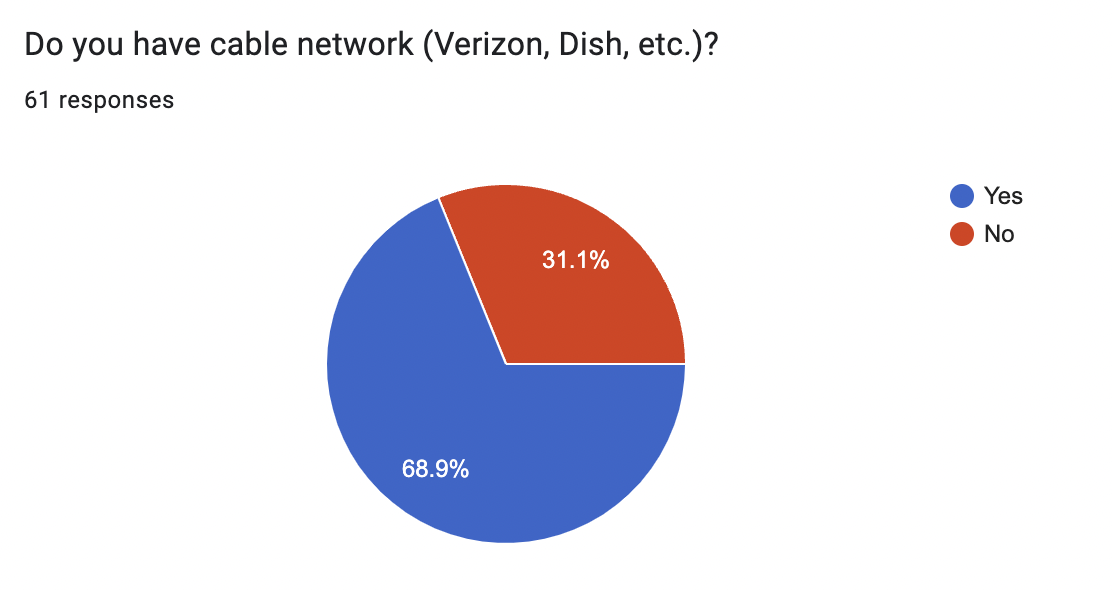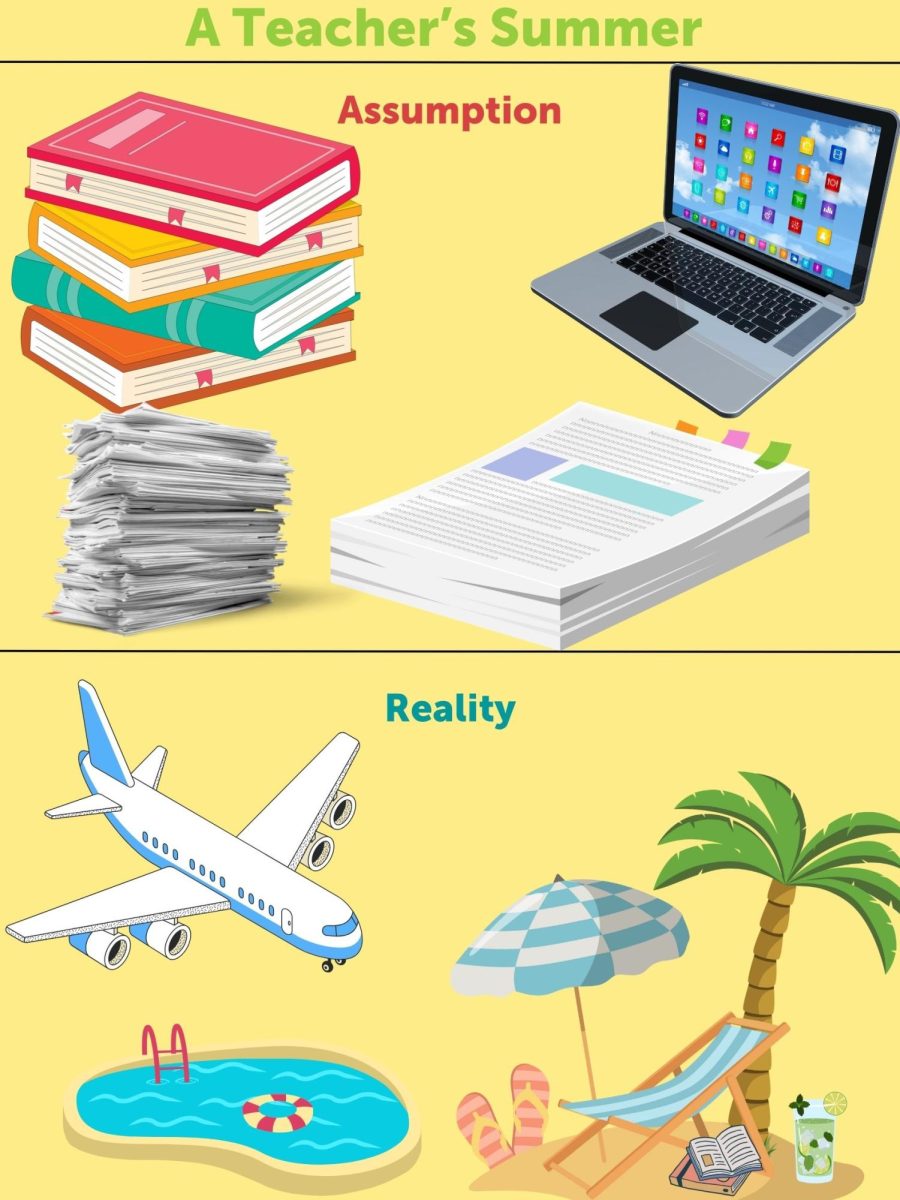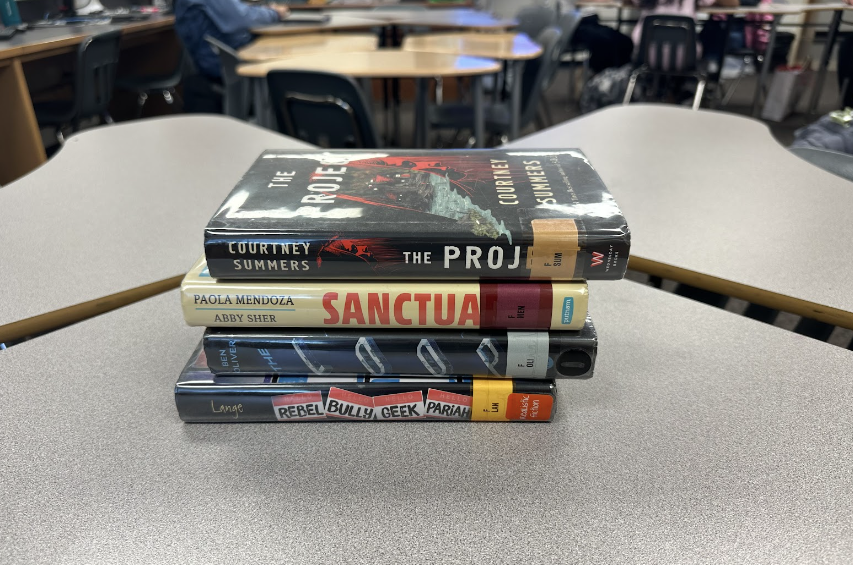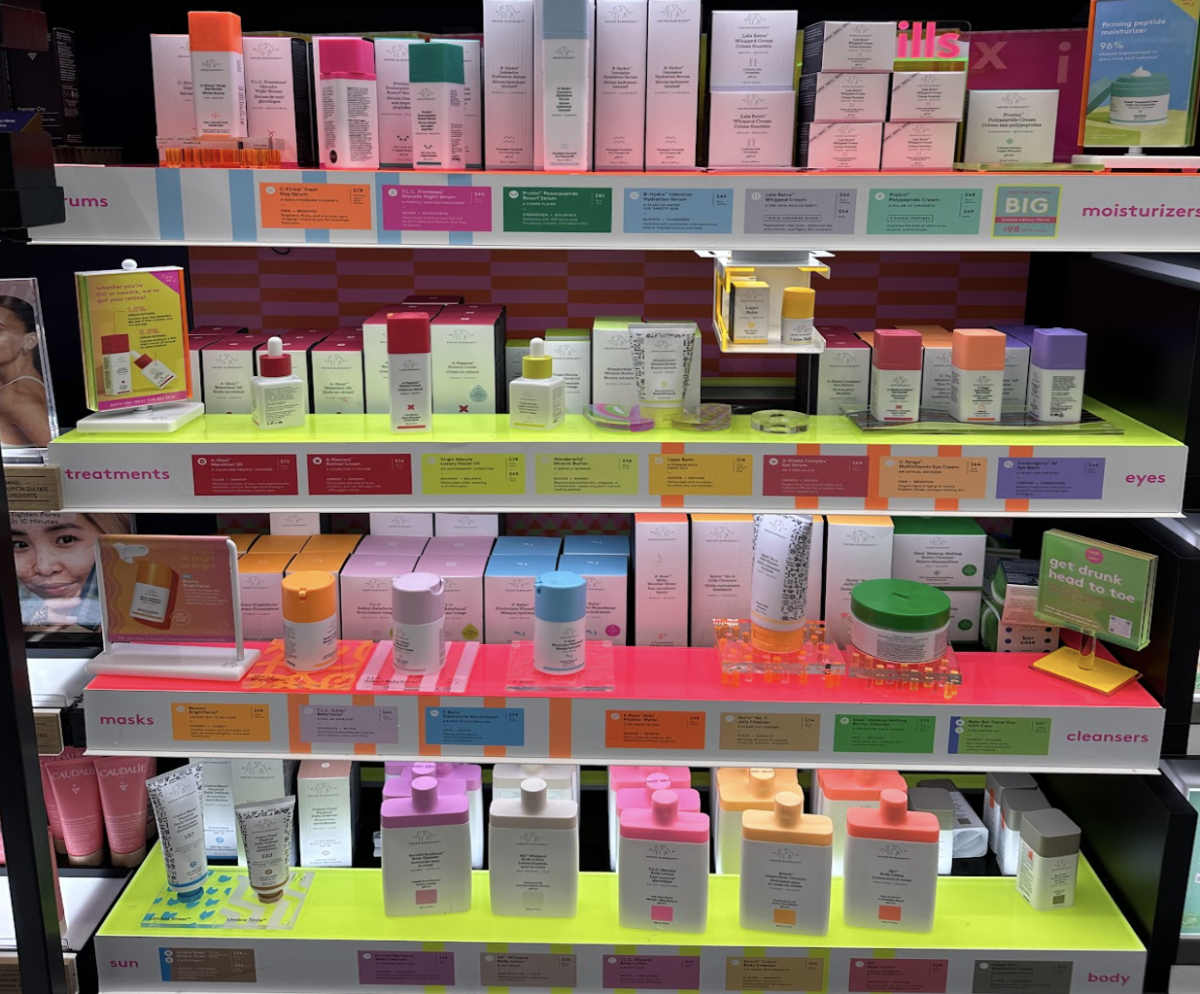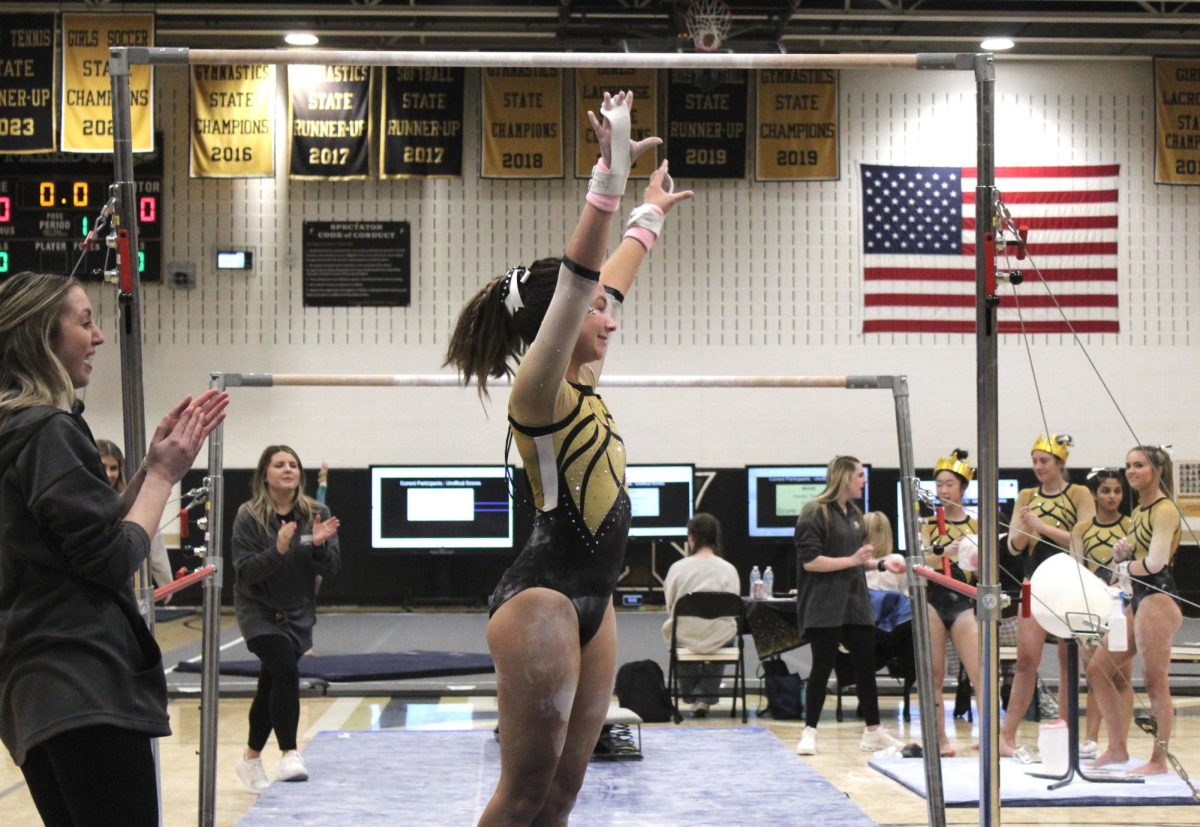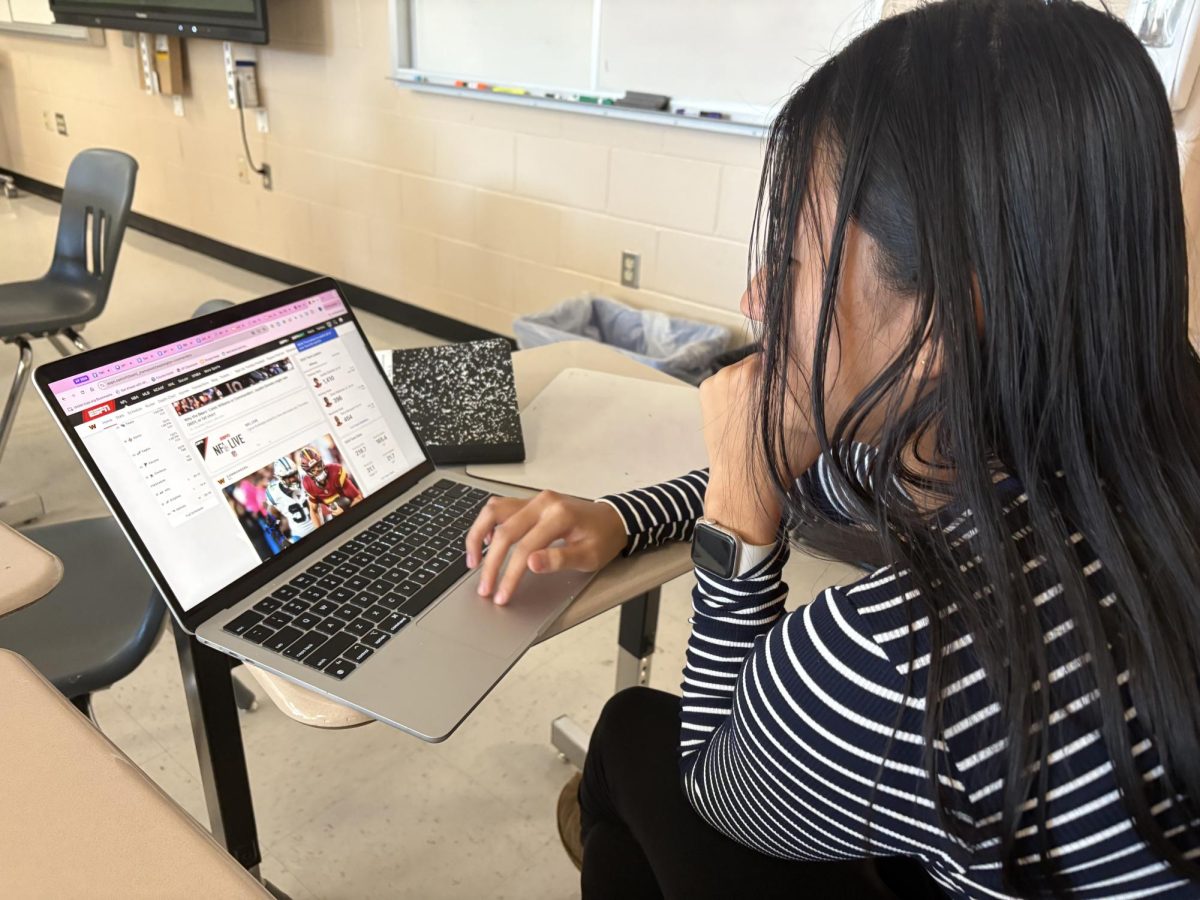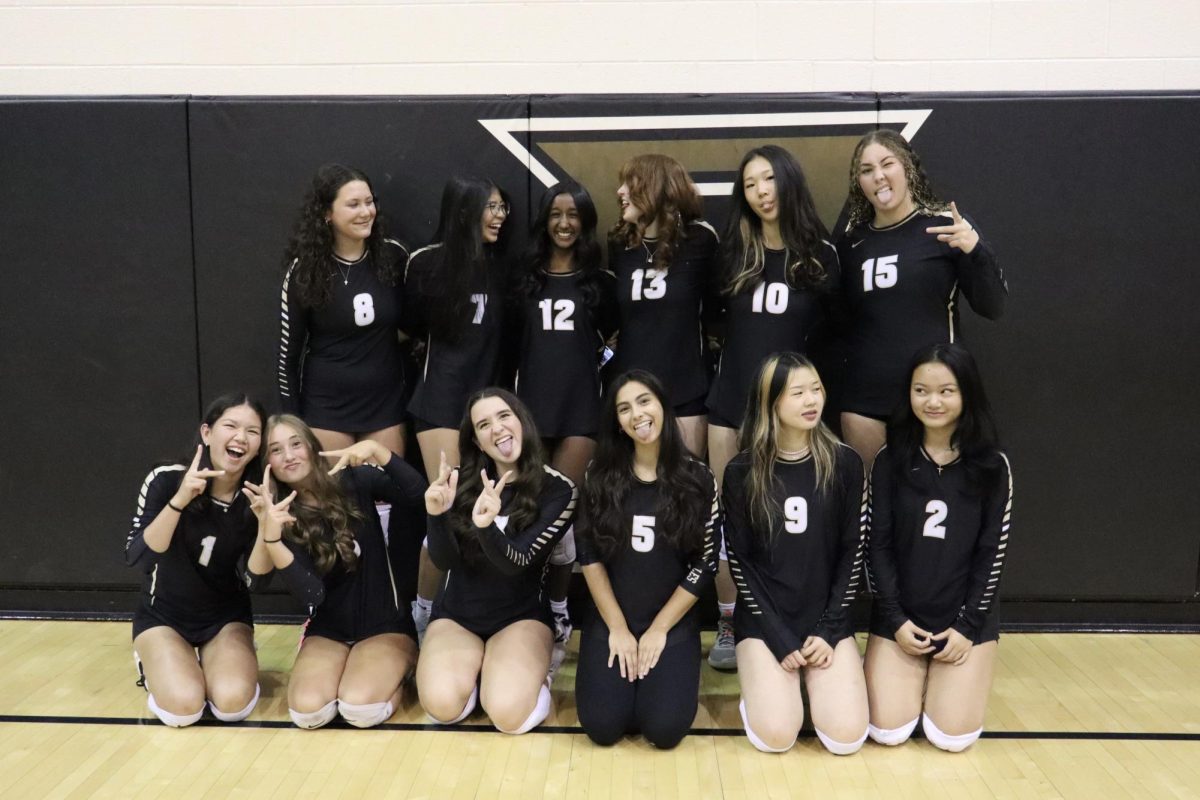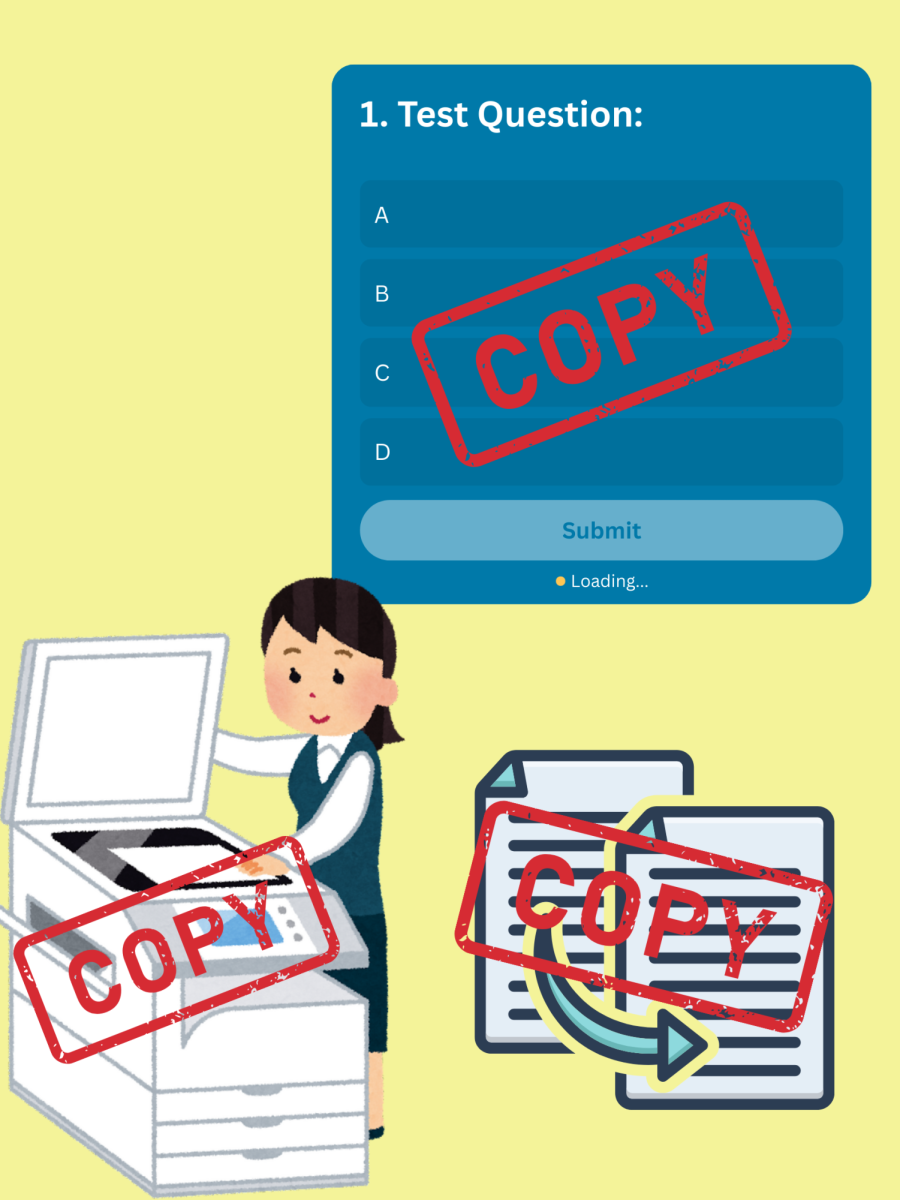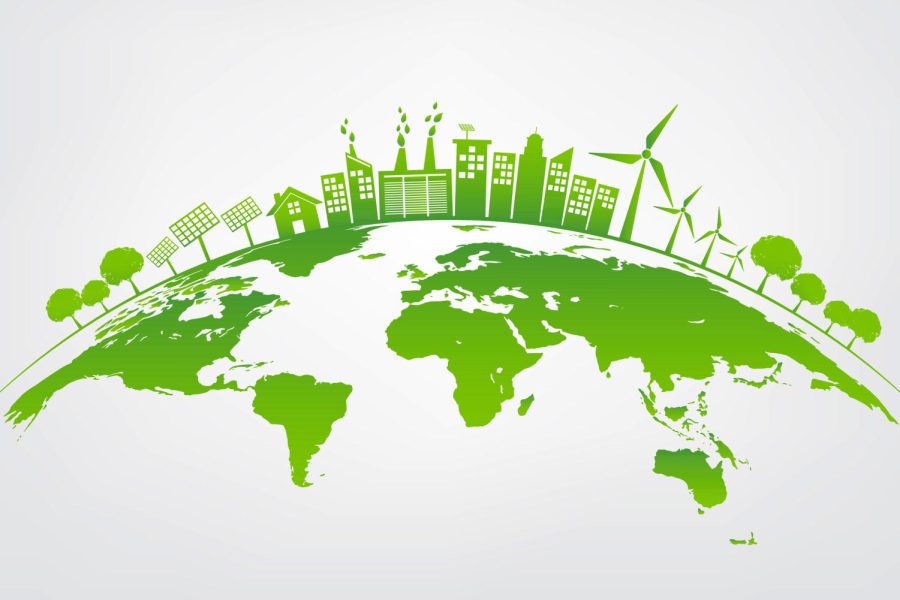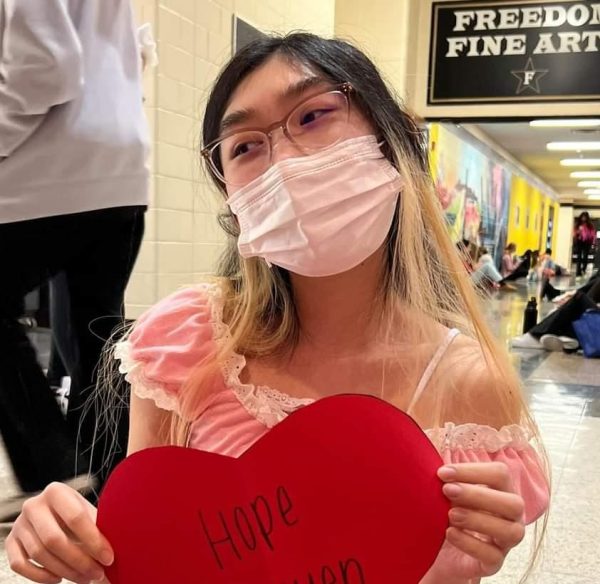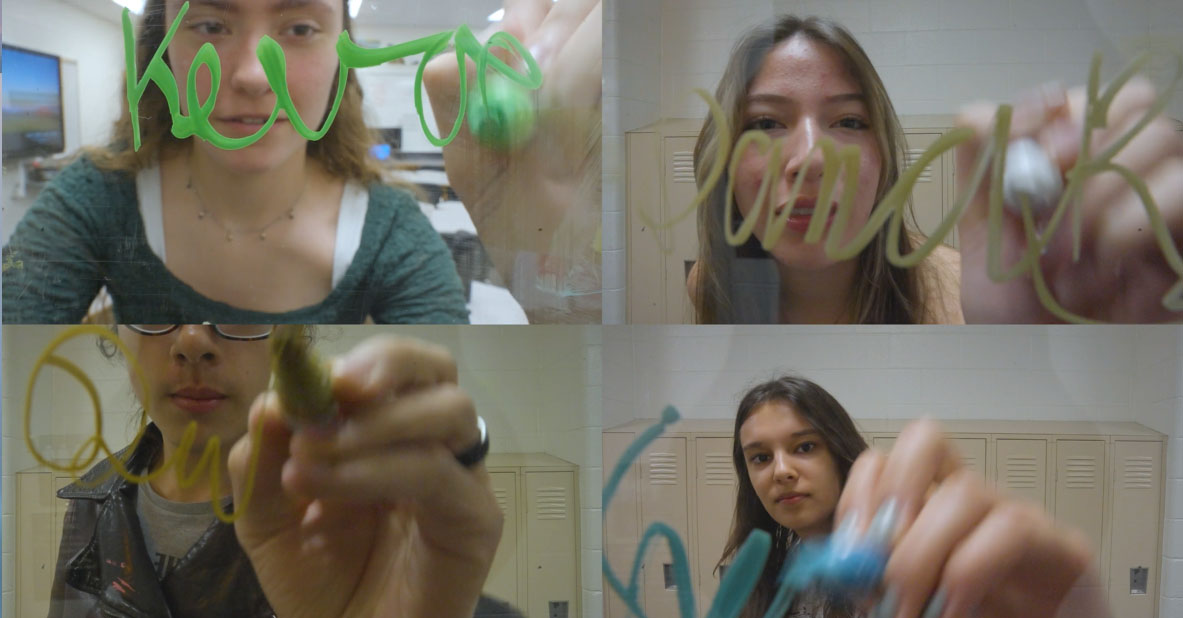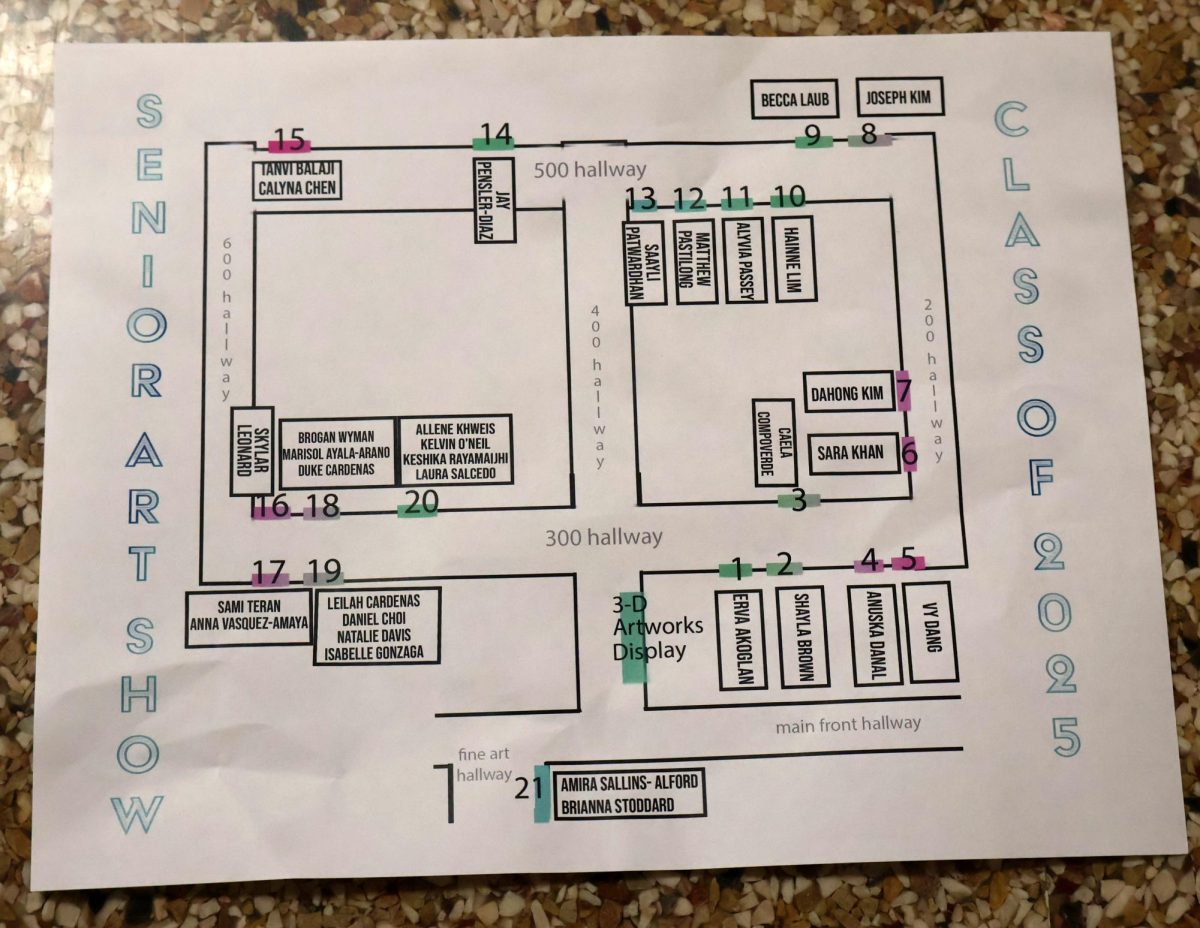Finding Sustainable Ways Of Living
September 26, 2022
A lot of talk was happening last summer about the effect of climate change and global warming on our earth. Especially since many places are currently suffering because of heat waves and droughts.
In September, Pakistan was hit with a flood that resulted in 1,500 people dead and 33 million suffering a loss of livestock, crops, homes, and more. The incident has highlighted the urgency in which all countries must reinforce their goals in helping our environment. And quickly.
There’s a lot of talk at the United Nations right now on how to bring down global emissions, but many civilians are at a loss on what they can do to help. Should they reduce their plastic bottle use? How can they conserve more water? How can they be more sustainable?
“One of the things that are sustainable are using your land in a lot of different ways like gardening, taking care of our soil is very important,” said Emily Bird, an FHS environmental teacher. “It’s one way of how we can be in control of what we put in our body and giving back to the land.”
Healthy soil is one of the most important things needed for life on earth. Soil is known to help regulate earth’s climate and also stores carbon, more than all of the the world’s forest combined. Healthy soil also helps to support resilient landscape against droughts, floods, or fires.
“Another big thing is being a conscious consumer and paying attention to the products we’re buying and what they’re made out of and how they’re being shipped to you in plastic vs cardboard, are the products reusable, etc,” Bird said. “It’s just one way to be in control of our waste products and using products that are more sustainable.”
Things like evaluating the the likelihood of a reusable product, the quality of it, the lifespan of it, the ingredients used in the making of it and how to dispose of the product are all things to take into account to become a more conscious consumer.
“Trying to use more ethically sourced and reusable stuff is where I started and where I am right now,” said junior Marz Pugh.
Junior Yashvi Gupta also had some advice.
“Pick up after ourselves, promoting greener living, using less limited resources like carpooling, biking if you can, use public transportation like a bus, don’t waste water by leaving the tap on, don’t leave the light on in a room your not in, etc,” Gupta said.
But what about people who want to make a difference, but don’t know where to start?
“You can always join societies that do stuff [like this],” Gupta said. “You can do trash pickups or learn stuff first. Online websites are very useful. Just [do] little stuff and slowly but surely you will make a difference.”
According to Loudoun.gov, even though Loudoun County does not offer any trash or recycling collection services at the moment, residents can still bring their trash directly to the Loudoun County Landfill. There are also recycling centers.
“They can take classes like environmental science, and the internet is full of resources. As long as you feel confident in your ability to validate your sources online, I think all the information is at your fingertips,” Bird said.
There’s easy ways for people to help make the earth more green that they don’t even realize.
“You could bike or walk more often,” Pugh said. “You can drive to find more ethically sourced products. Use reusable stuff rather than single stuff use, etc. That’s the stuff I usually do.”
Although the cost of sustainable products are often higher than conventional products as a result of raw materials, demand, toxins, and wages, there are still ways people can help without opening their wallet.
“Sustainable doesn’t always mean solar powered homes or electric cars. Sustainable also means simple stuff like recycling or cleaning up after yourself to make things last longer,” Gupta said.
There’s also many benefits for caring for the environment that need to be talked about more if there is to be a change in the way people live.
“We get to live on the earth longer, and we have a clean society for future generations to live in,” Pugh said.
“A healthy environment means a healthy you. Again, it all goes back to how long it lasts because if you don’t take care of it it’s gonna last for a shorter period of time, and we’ll have to come up with solutions that aren’t accessible to everyone,” Gupta said.
“Its all about the future for me,” Bird said. “I think if we want to maintain this world that we have, with the biodiversity and livability that we have and want to keep this going for our children that’s what it’s all about. We like how it is, and if we don’t keep it up there’s gonna be consequences.”
The key to sustainability is ensuring a balance between the economy, the well being of others, and the environment. The United Nations states that sustainability is, “development that meets the needs of the present without compromising the ability of future generations to meet their own needs.” A sustainable society must, “… be socially responsible, focusing on environmental protection and dynamic equilibrium in human and natural systems.”
